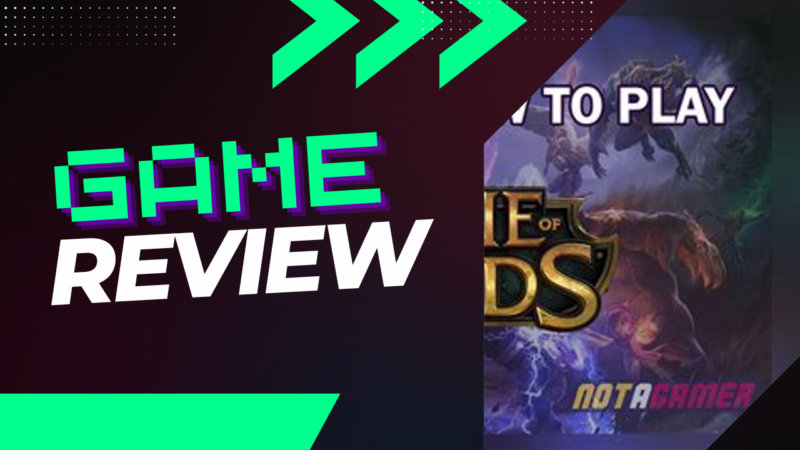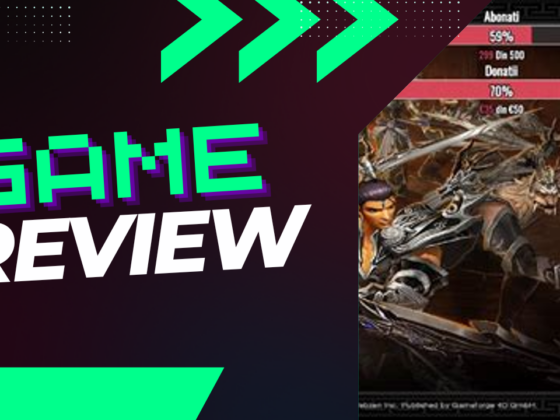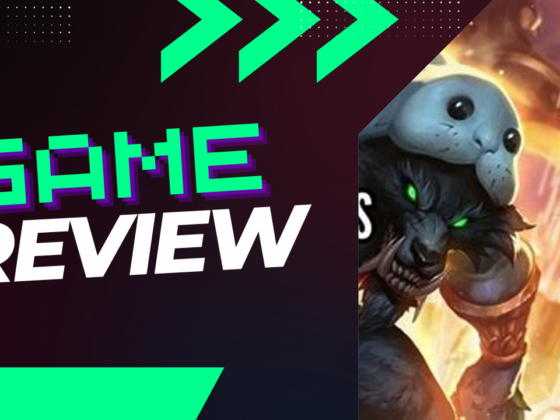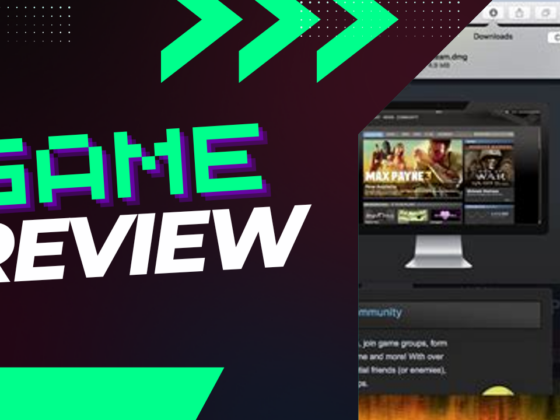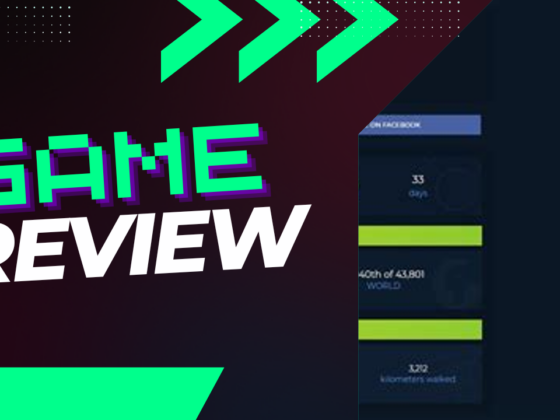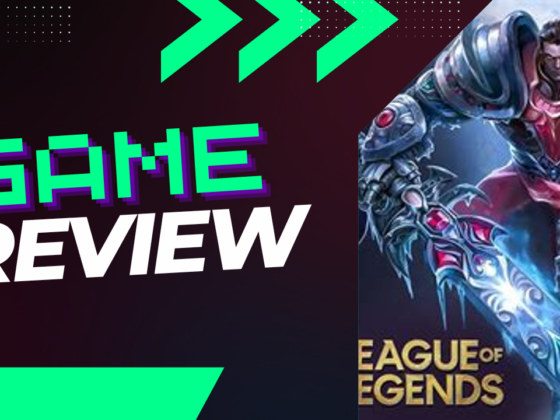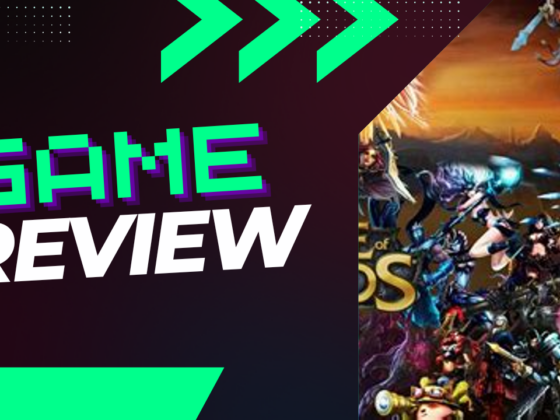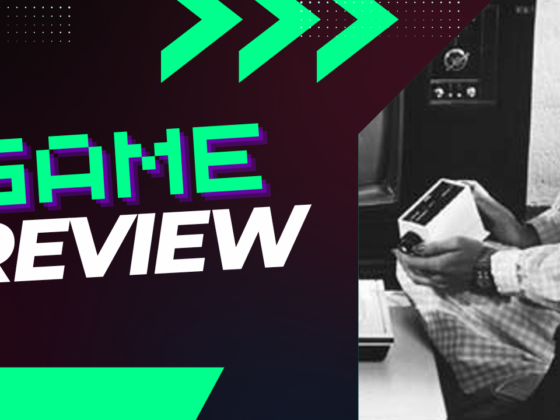Is League of Legends good for the brain, or just a digital pastime? As players dive into this captivating virtual world, they encounter challenges that demand rapid decision-making and creative solutions, much like a chess grandmaster weighing their next move. While skeptics might argue that gaming dulls the mind, research reveals that the complexities woven into the gameplay can actually sharpen cognitive skills, enhance focus, and bolster problem-solving abilities. Join us on this exploration to uncover whether your favorite champion is not just a source of entertainment, but also a workout for your brain.
Is playing League of Legends good for improving problem-solving skills?
Absolutely, playing League of Legends (LoL) is highly beneficial for enhancing problem-solving skills. The game immerses players in intense scenarios where they must make quick, educated decisions, leading to substantial improvements in their analytical abilities.
LoL requires players to be constantly aware of their surroundings, assessing the state of the game, their teammates’ actions, and the opponents’ strategies all in real-time. For instance, a player might need to decide whether to attack an enemy champion or retreat to protect their own health. This level of mental engagement sharpens not just problem-solving skills but also critical thinking, as players are challenged to devise new tactics to overcome obstacles. In essence, every match serves as a training ground for cognitive agility, akin to the strategic maneuvering seen in chess.
Furthermore, this heightened mental acuity doesn’t just stay in the realm of gaming. Over time, players often find that the skills they refine while gaming translate to real-life situations. For example, when confronted with a challenging project at school or a tight deadline at work, the ability to quickly analyze the situation, weigh potential outcomes, and act decisively enhances their effectiveness. Statistical studies show that regular gamers exhibit improved performance in tasks requiring critical thinking and quick judgment, supported by the notion that these gaming experiences help build a cognitive toolkit that is applicable beyond the gaming screen.
So, while it might seem like a fun pastime, diving into League of Legends is more than just a game – it’s an exercise for the mind that fosters real-world problem-solving capabilities that can be invaluable in academics and professional lives.
How does League of Legends enhance strategic thinking?
League of Legends significantly enhances strategic thinking by immersing players in a dynamic environment that demands quick decision-making and adaptability. Players must grasp not just the abilities of their own champions, but also predict their opponents’ moves, fostering a mindset oriented towards strategy.
As players navigate the game’s intricate maps and engage in real-time battles, they learn to visualize multiple potential outcomes, akin to navigating a complex maze. This ability to think several steps ahead requires them to analyze the consequences of their actions effectively. For instance, when deciding whether to engage in combat, players must weigh the benefits of a potential victory against the risks of being outnumbered or ambushed. This ongoing evaluation of risk versus reward helps hone critical thinking skills that are essential beyond the game, particularly in academic and personal contexts where foresight and careful planning influence success.
Moreover, the game encourages players to adapt their strategies in response to opponents’ tactics, enhancing their ability to think on their feet and refine their approaches in real-time. By engaging in such critical analysis and predictive reasoning, players cultivate skills that are invaluable in various life scenarios, from project management to problem-solving in challenging situations. In essence, League of Legends serves not just as entertainment, but as a robust platform for developing essential strategic thinking capabilities.
Can playing League of Legends help improve focus?
Can playing League of Legends help improve focus?
Absolutely! The competitive nature of League of Legends requires players to develop laser-sharp focus. Each match is a race against time, where every second can tip the balance between victory and defeat. This intense concentration fosters the ability to maintain attention and manage distractions, which is a valuable skill extending far beyond gaming.
As players immerse themselves in the game, they work on honing their cognitive abilities, particularly their attention networks in the brain. This training can lead to noticeable improvements in concentration when tackling real-world tasks, whether it’s studying for exams or handling daily responsibilities. For instance, players often report that they’re able to focus on lengthy assignments or engage in conversations without their minds wandering—a skill that can provide a substantial academic and professional edge.
Moreover, League of Legends demands strategic thinking, quick decision-making, and teamwork, all of which require sustained focus. Players learn to prioritize information, assess evolving game states, and communicate effectively with teammates. These habits reinforce mental acuity and sharpen overall focus, making it easier to tackle complex challenges both in-game and in everyday life.
What are the stress management benefits of playing League of Legends?
Engaging in League of Legends offers several surprising stress management benefits, despite the game’s competitive nature. Players frequently discover that navigating the high-pressure environment helps them enhance their ability to maintain composure and respond calmly under duress.
When involved in intense matches, gamers are required to make rapid decisions, prioritize actions, and cooperate with teammates—all of which mimic real-life stressors. This real-time practice fosters emotional resilience, teaching players to adapt to stressful situations rather than succumb to panic. Over time, this experience translates into improved coping mechanisms for everyday challenges, whether they’re handling academic deadlines or managing social interactions.
Research indicates that cultivating these skills through gaming can lead to better emotional regulation, enabling individuals to face frustrating or stressful scenarios with greater poise. For instance, a player might find themselves better equipped to navigate a tough conversation with a peer or tackle demanding work assignments efficiently. In essence, the skills honed in virtual battles can empower players to transform adversities into opportunities for growth in the real world.
Is League of Legends considered a valuable educational tool?
Is League of Legends considered a valuable educational tool?
Absolutely! League of Legends (LoL) is gaining recognition as more than just a game; it’s being embraced as an innovative educational resource.
In recent years, LoL has made its way into classrooms and competitive settings, showcasing its potential to teach essential skills. For instance, students participating in high school and college tournaments develop strategic planning abilities as they formulate game strategies and adapt to ever-changing scenarios. Additionally, the game fosters teamwork and collaboration, as players must communicate effectively and coordinate their efforts to achieve victory.
Beyond these skills, resource management comes into play as players must wisely allocate their in-game currency and resources to maximize their effectiveness, a lesson that mirrors real-life decision-making processes in business and project management.
Moreover, employing gaming in education makes learning engaging and relatable, providing students with practical applications of their academic knowledge. For example, the game’s emphasis on cognitive agility helps develop quick thinking and adaptability, skills that are invaluable in both academic and professional settings.
Thus, League of Legends is not merely a form of entertainment. It embodies a rich educational experience that encourages intellectual growth, enhances team dynamics, and prepares students for future challenges in an increasingly collaborative world.

